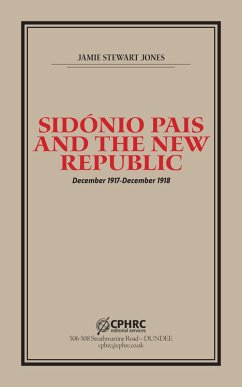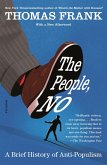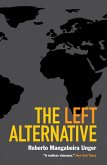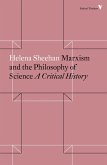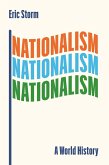Key topics covered include:
• The political and social context that led to Pais' rise to power
• The structure and aims of the New Republic
• The creation and role of the National Republican Party (PNR)
• Pais' efforts to expand suffrage and reform the electoral system
• The development of Pais' personality cult and its political implications
• The regime's relationships with the military, the Catholic Church and various political groups
• The ultimate unraveling of the New Republic and its legacy
This work will appeal to scholars of Portuguese history, political scientists interested in regime change and democratization, and anyone seeking to understand the complexities of early 20th-century European politics. By shedding light on this brief but consequential period, the book offers valuable insights into the challenges of political reform and the dynamics of power in times of national crisis.
Dieser Download kann aus rechtlichen Gründen nur mit Rechnungsadresse in A, B, CY, CZ, D, DK, EW, E, FIN, F, GR, H, IRL, I, LT, L, LR, M, NL, PL, P, R, S, SLO, SK ausgeliefert werden.

